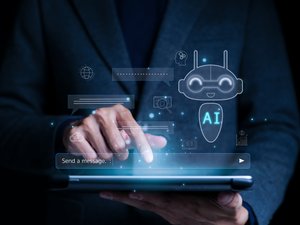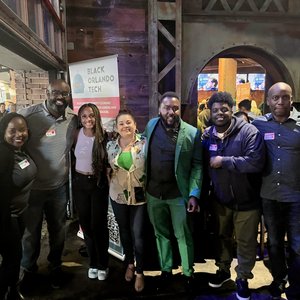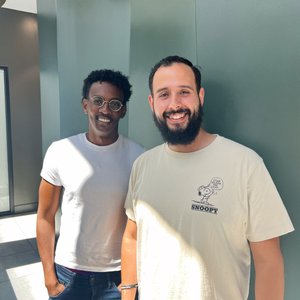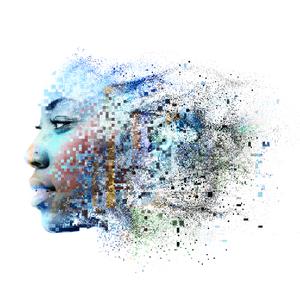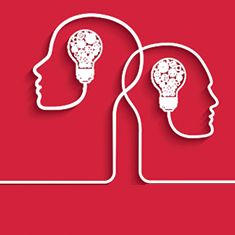
A new report suggests artificial intelligence threatens the job security of Orlando residents in certain occupations — but many experts say it’s not so.
The report, developed by research company Chamber of Commerce — which is part of Wired Rhino Inc. out of Newark, New Jersey, and not to be confused with the Washington, D.C.-based U.S. Chamber of Commerce — said Orlando is one of five cities most vulnerable to job loss thanks to AI.
Chamber of Commerce found a total of 190,000 metro Orlando jobs in what it refers to as at-risk occupations, which is 14.64% of the 1.3 million total jobs in the region.
The report concludes that 190,000 jobs are at risk, but Chamber of Commerce's interpretation of data could be deceiving, as jobs in at-risk occupations may be disrupted and changed rather than eliminated, said Taylor Queen, a human resources adviser in the Orlando office of Texas-headquartered HR services provider firm Insperity.
Local economist Sean Snaith agreed with Queen's assessment. “I suspect the ultimate impact of AI on the economy will be like that of robots: some jobs replaced by the technology, but many jobs receiving a boost in productivity (and pay) from using this new tool," wrote Snaith, the director of the University of Central Florida Institute for Economic Forecasting, in his U.S. Economic Forecast released Aug. 7.
Here, Orlando Business Journal asked four experts to weigh in on the Chamber of Commerce report and found they are all optimistic about jobs and AI:
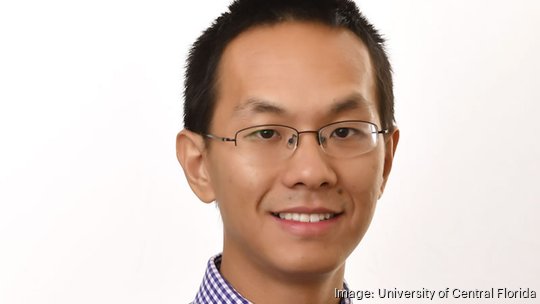
Arthur Huang, Ph.D.
Assistant professor, University of Central Florida
Huang teaches a class called Smart Travel and Tourism that covers the relationship between AI and Central Florida’s biggest industry. He also led a National Science Foundation research project that resulted in an article, "When artificial intelligence meets the hospitality and tourism industry: an assessment framework to inform theory and management."
“If we stick to existing processes and business models, yes, certain roles have been increasingly automated. A report like this takes the people out and puts the AI number in, but it’s more complicated than that. Sure, businesses are trying to drive down the human cost, which is good from customers’ and investors’ perspectives because it lowers prices and increases profitability.
"However, the impact of digital technologies is not only on replacing certain jobs, but also on generating new business processes, new ventures, new services and new products, which will require more workers with different skill sets than the current service workers. If AI technologies are designed with a human-centered perspective, it will bring about productivity gains and create new work opportunities with greater shared prosperities for workers.
"The game changer here is humans' and organizations’ adaptation. I believe if we are able to develop meaningful partnerships among stakeholders such as policymakers, educators, businesses to support workers and businesses, we likely will see more employment and business opportunities in the Orlando area through innovation and adaptation."
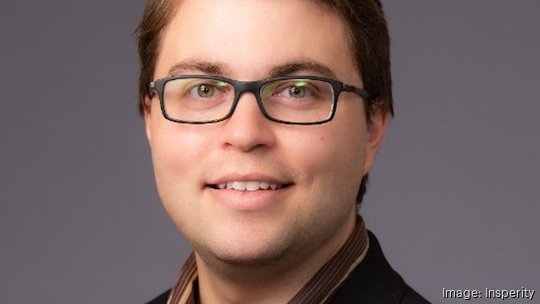
Taylor Queen
Human resources adviser, Insperity
Queen is an Orlando-based HR strategic planning expert with a broad and detailed view of small- and medium-sized companies informed by daily interactions with their employees.
"When we have these new transformative technologies that come out, especially this early on, it can be hard to predict the future. As far as Insperity clients are concerned, we haven't seen any large trends yet that show AI is having an impact on jobs.
"I'm viewing this as similar to other technological advancements that have happened in the past. When we look at automation from a long-term standpoint, yes, there are jobs that have been eliminated due to automation, but more also have been created to help support automation. I believe Orlando could be well-positioned to benefit from that sort of transformation in the long run."
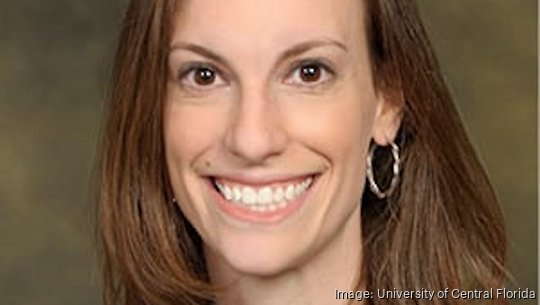
Mindy Shoss, Ph.D.
Professor, University of Central Florida
Shoss researches the impact of economic conditions and the changing nature of work on employee well-being and behavior and serves as director of UCF's Targeted Research Training Program for human resource professionals in hospitality.
"From my understanding of AI in the workforce, I don't see that there is going to be this kind of massive job loss on the scale that they're predicting. McKinsey released a report saying that less than 5% of all occupations can be automated entirely using demonstrated technologies. A lot of jobs can be partly automated, though, which means the jobs are changing.
"When we think about AI's place in the workforce, I think the better question is ‘How is AI going to complement tasks?’ Also, AI will create whole new jobs. You'll see a growth of tech jobs, for example, and that’s something Orlando's already on track to see a lot of."
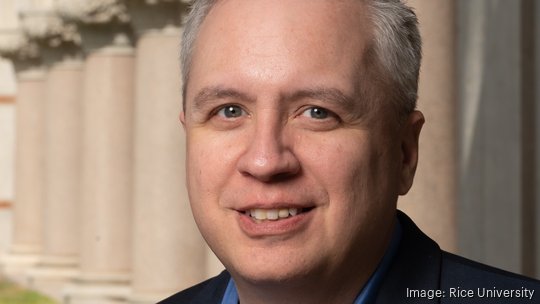
Fred Oswald, Ph.D.
Professor, Rice University
Oswald chairs the National Academies Board on Human Systems Integration, which reports on human-computer interaction and science and technology challenges of virtual reality and other topics. He is also a member of the National AI Advisory Committee, which advises thesecretary of commerce and the president on federal policy around AI.
"I can see how certain industries could be affected, with implications for jobs being lost. For example, in some service industries, AI may replace people with chat bot technologies, although data would show if that actually bears out.
"Consider that there are contingencies and emergencies that AI can’t deal with. AI can’t always customize information the right way. Human reasoning is needed, and AI can be your assistant, your co-worker.
"Companies are engaged in a giant balancing act. They're trying to be competitive in the industry they work in or in the services they provide. AI is being offered as a promise for greater efficiency and effectiveness, but it doesn't come for free. They have to invest in it, and will that investment pay off and what does that mean?
"An organization isn’t going to quickly replace people with AI. That would jeopardize the organization. If they replace some workers with AI, the remaining workers might worry about their jobs and re-skill so they can go to another industry."
How Chamber of Commerce got its results
Collin Czarnecki, a researcher who contributed to the Chamber of Commerce report, said a World Economic Forum report informed him about the occupations AI is poised to take over. The team then analyzed U.S. Bureau of Labor Statistics data for those occupations and from there determined the number of susceptible jobs in major metropolitan areas across the country.
The U.S. Bureau of Labor Statistics occupation categories that Chamber of Commerce focused on are:
- Accounting, bookkeeping, and payroll clerks
- Administrative and executive secretaries
- Assembly and factory workers
- Bank tellers and related clerks
- Building caretakers and housekeepers
- Business services and administration managers
- Cashiers and ticket clerks
- Client information and customer service workers
- Data entry clerks
- Door-to-door sales workers
- News and street vendors, and related workers
- Security guards
- Material recording and stock-keeping clerks
- Postal service clerks
- Retail salespersons and telemarketers
Chamber of Commerce found a total of 190,000 metro Orlando jobs in these occupations, which is 14.64% of the 1.3 million total local jobs.
Sign up here for The Beat, Orlando Inno’s free newsletter. And be sure to follow us on LinkedIn, Facebook and Twitter.

